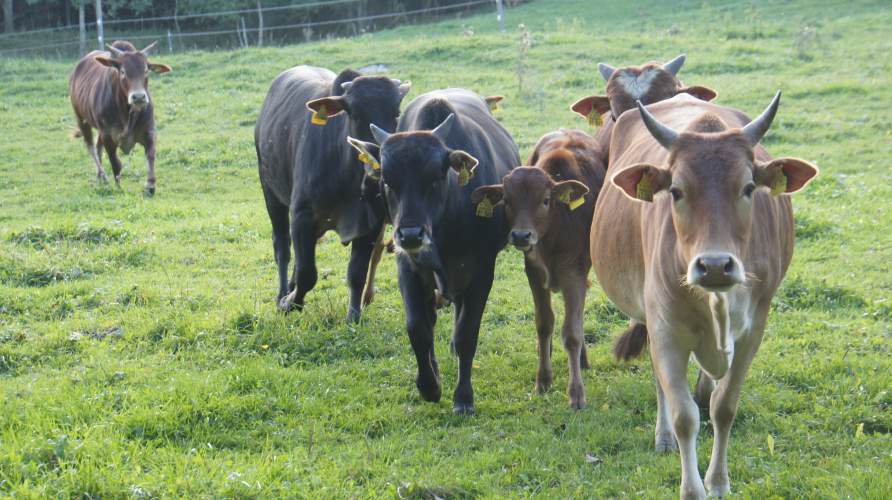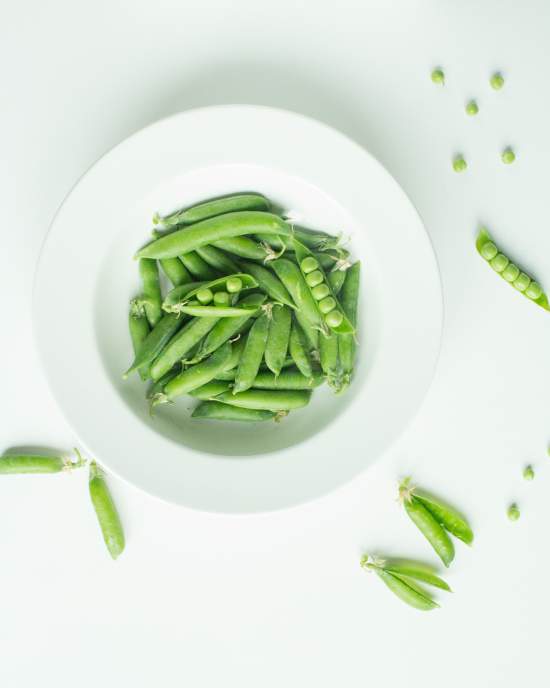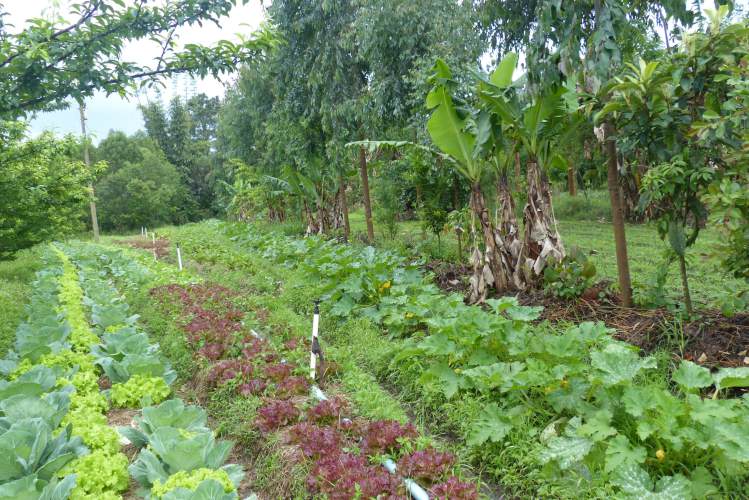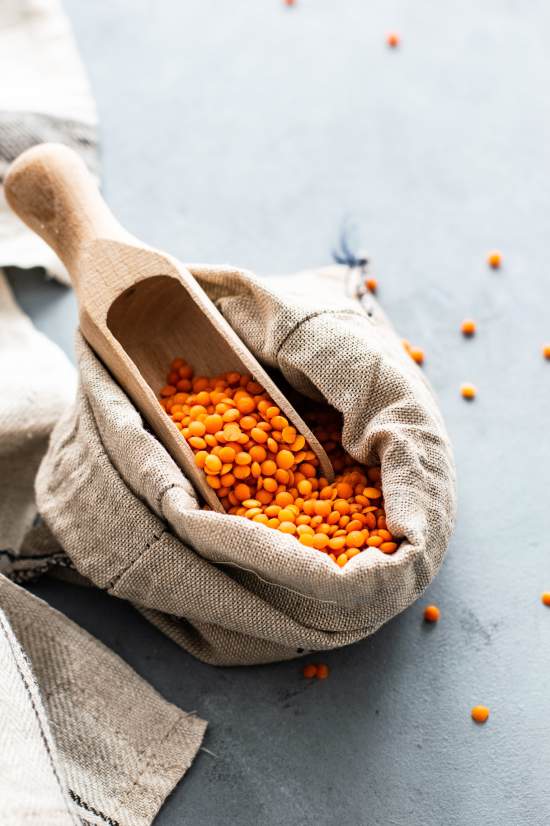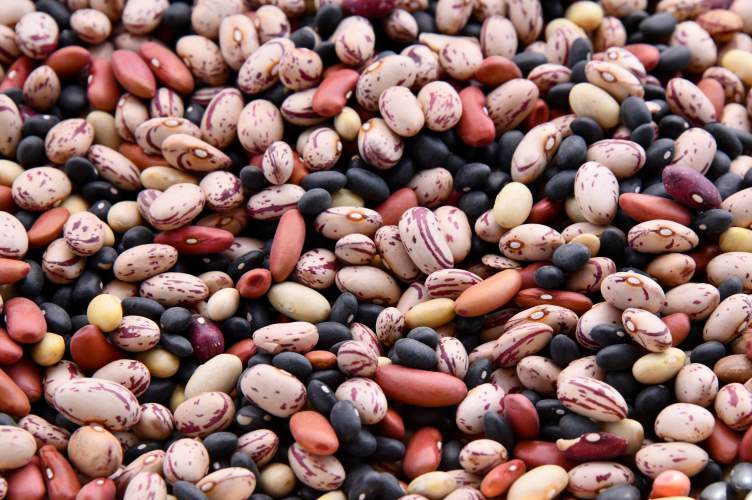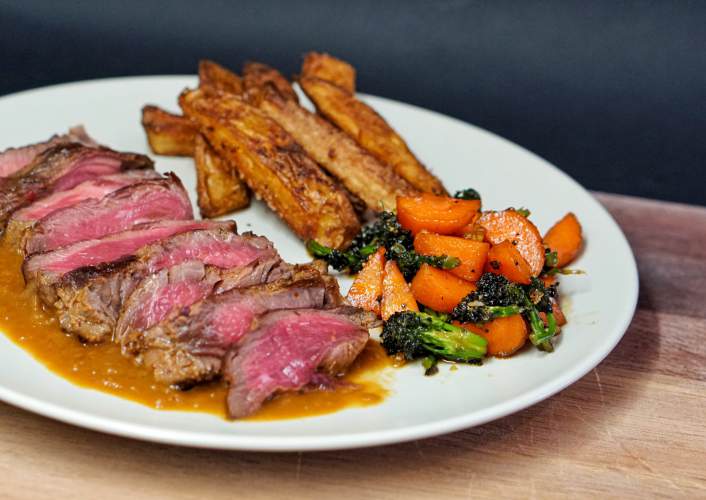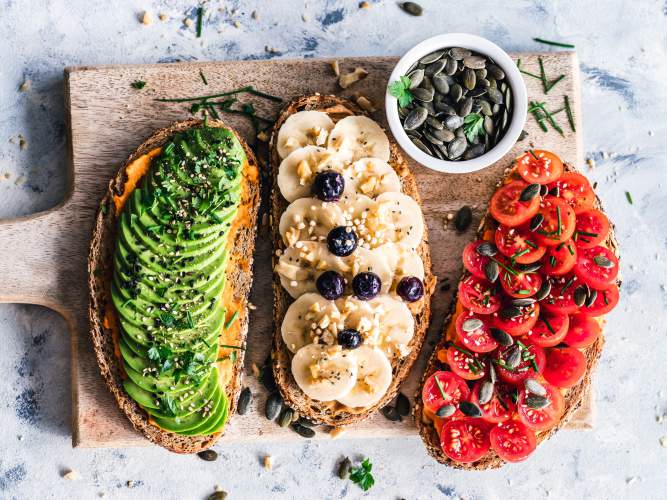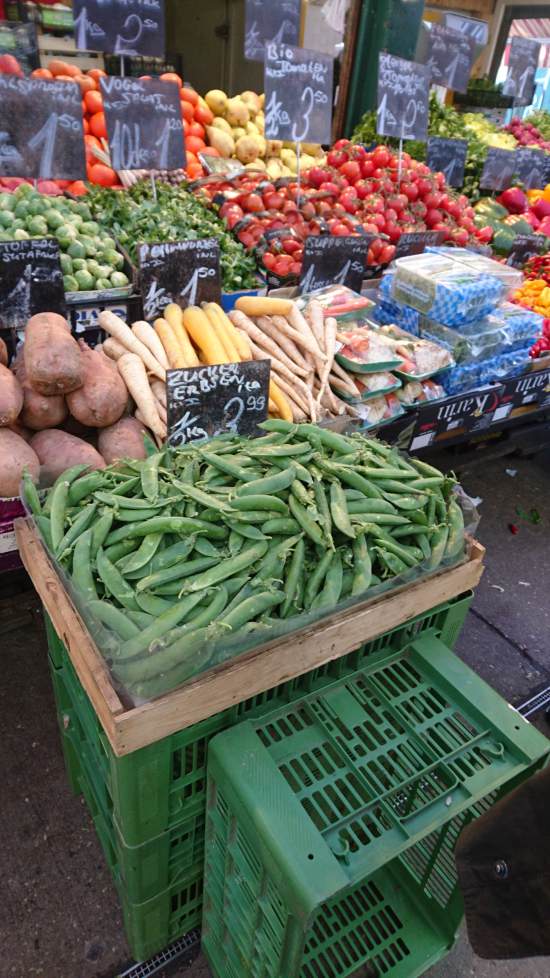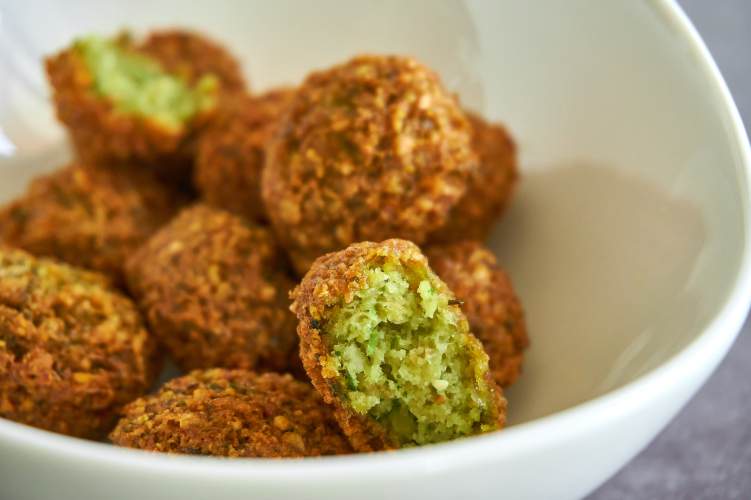Good & Climate Friendly Food
What’s about food quality?
Is food quality the same as “risk-free” ?
Prosessed food has to be more than uniform – germ-free – transportable!
What’s with taste, land use systems, sustainability, animal welfare or high processing and food additives?
Isn’t it a matter of course that vegetables or other foods are free of agrochemicals?
Are different flavourings satisfying when it comes to taste?
Or do we want the taste of different regions and cultures, reflected in authentic recipes and in artisanal processing?
Which diet is climate-friendly, which is not?
Many model calculations on the climate effect of nutrition are oversimplified,e.g. for beef. Where are the decisive factors for good and climate-friendly food?
Carbon Farming……
“Carbon farming” is the new buzzword that is currently being hotly debated globally and throughout the EU. CO2 certificates for agriculture are supposed to help with climate protection. However, what sounds so wonderfully simple in theory has many pitfalls and unfortunately often leads to misjudgements and counterproductive political “solutions” in the debate (why? see here )
But there are calculation models that provide fair evidence of climate-friendly agriculture and can therefore justify funding claims (in German):
Consulting, research, seminars, workshops….
- Food quality
- What is Codex Alimentarius?
- European food quality – best of all?
- What is going well or bad in Europe?
- What do food additives do to our gut microbiome?
- What is allowed, what is not – organic & conventional?
- Are organic products healthier? What are sientists saying?
- Eating climate-friendly
- No more meat?
- Is veganism climate-friendly?
- Are “climate labels” really helpful?
- Are cows climate killers?
- Regional versus imports
- Organic versus conventional
- Highly processed versus natural
- Climate-friendly farming systems?
- Is “no-till” = climate protection?
- Humus build-up needs plant diversity
- Agroforestry systems – win win…
- Soil structure and water balance
I’m looking forward to discussing with you all these topics, prepare research or provide an overview of the state of scientific knowledge and legal regulations.
Read and hear more
Positionpaper Sarah Wiener, MdEP: Positionpaper on Foodlabelling
Beste, A. (2022): GREENWASHING & HIGH TECH – Faking it: (un-)sustainable solutions for agriculture.
With the collaboration of A. Beste; EEB (2021): Carbon Farming for Climate, Nature, and Farmers report
Beste, A. (2021): Agroforestry and CAP – all Talk, no Trees.
Further publications can be found here.
*Example: Climate impact of selected organic products compared to conventional.
Source: Hirschfeld 2008
